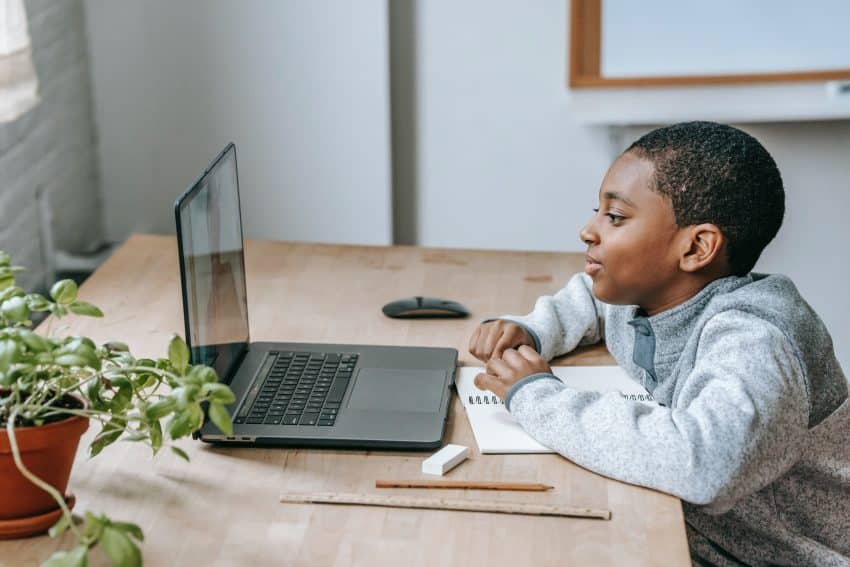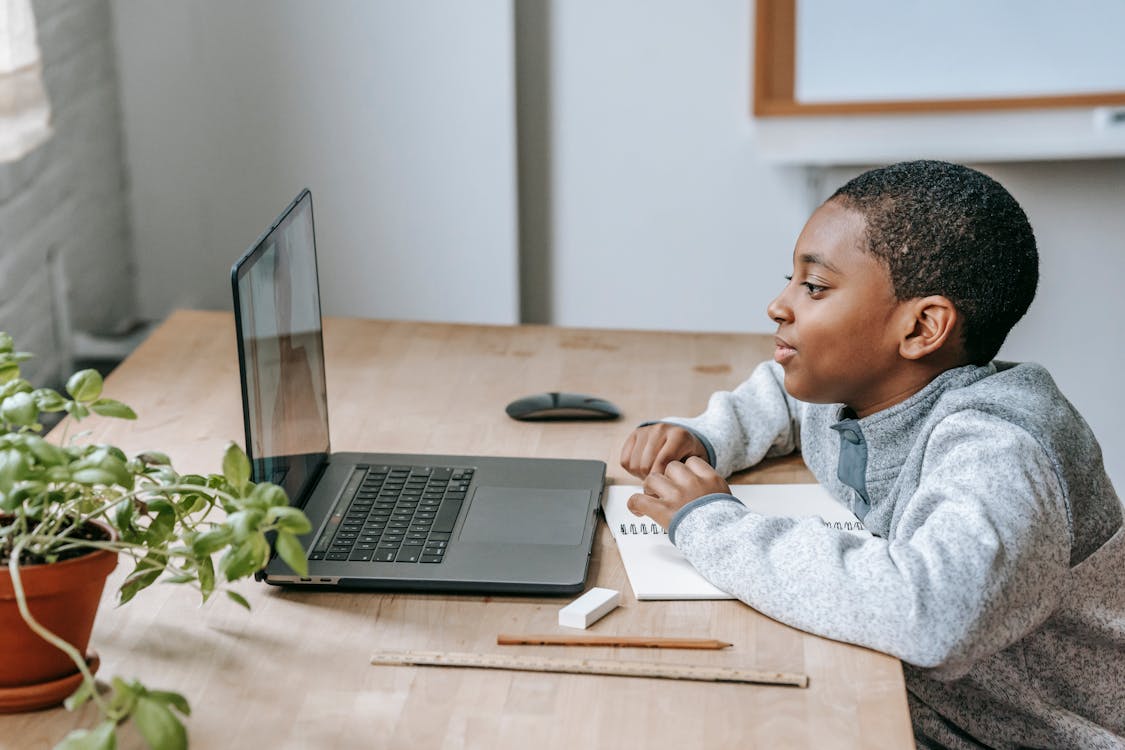When it comes to raising our children to be successful Digital citizens do you need Parental Controls? The answer is Yes! As parents, there are certain things you need to know about using parental controls.

Why you Need Parental Controls for Online Activities
While it is critical to have the right conversations and take the time to explain things to your children. I believe that Parental controls to monitor online activities is critical, especially for younger children who are still learning the right way to use the internet.
The reality is that because these tools are made to be addictive; all the good conversations you have with your children might not be enough.
While Yes, they may want to obey. In reality, these devices and platforms and social media apps are quite addictive by design. Once you get on, it’s hard sometimes to self-regulate and get off. So that’s where parental controls come in for online activities and internet usage.
Examples of Parental Controls
There are several of them that you can use.
If you have Apple products, Apple allows you to connect your children’s devices to your account as a parent to children’s devices. I also use external software, like, Qustodio.
Google also offers the Family Link; which you can download for free here. The Family Link app from Google helps parents stay in the loop as their child or teen explores on their Android device, and lets parents set certain digital ground rules for their family.
You can visit here for a Product Review Best Parental Control Software “Qustodio”
What do Parental Software Controls Do? It helps you set controls such as limits on when the screens should go off. It helps you set family digital plans such as when the computer should shut down and how many hours they have every day using the laptop or tablets. So it just allows you to put controls in place. However, I don’t suggest you put these controls in place without having conversations with your children.
Watch the video here with Yetty Willimas on Parental controls and if you need it.
Creating the Right Digital Habits
Having parental controls is not about you spying on your children. Rather, it is about letting them know that you are going to put controls in place to help them with healthy digital habits. For example, you want to let them know in advance that you expect them to shut down their laptop by 9:00 PM. You should explain that the reason for this is so that they can get off, get a good night’s sleep and can do other things.
Another good use of parental controls is that it helps you to also block certain dangerous material. So for example, with Qustodio, it allows me to filter out things like gambling so that when the child is online and searching, certain things will not even show up for them.
Video Games and Parental Controls
Are your children video game lovers? They are not alone. As a parent, you should have conversations such as letting them know that you will allow them to play video games for two, three hours. Once these rules have been discussed, then you put those controls in place. See the parental controls as helping you put the rules in place that you have discussed with them.
Explain to them that it is important to make sure that they are not online excessively to the point that it starts to harm other things in their lives.
Dealing with the Trust Aspect of Parental Controls
Let us be clear that you are not installing parental controls because you don’t trust your children. In fact, it is critical to understand that the internet and the IP address doesn’t know if the user of that computer is a child or not. So there may be innocently going into Google to search for something. This could be for school, or they are just curious, and it’s okay to be curious.
Curiosity is fine. However, that doesn’t mean that in being curious, we want them to be exposed to the wrong thing. So I really recommend that all parents have parental controls in place of some capacity.
When you have built a good communication style with your child, the parental controls you set will ultimately help your child to self-regulate as well, because then they get used to it.
Social Media
Your child should not be able to access social media after 9:00 PM, for example, on school nights. Otherwise, they might get into that rabbit hole of swiping and liking and commenting. This tends to lead to a loss of time awareness and next thing it is five hours later and they are like “Oh my God, how did I spend that long online?”
When it comes to parents, it might be easier for you to regulate yourself because you have to go to bed or are going to work the next day, However for children, because their brains are still developing; they need to learn how to be responsible digital users.
If you let your children get used to the abuse of screen time, it’s going to be very difficult for them, later on, to detach from it.
If you let your children get used to the abuse of screen time, it's going to be very difficult for them, later on, to detach from it. Click To Tweet
And you don’t want them to get to a point where it becomes a difficult addiction. Social media has become such second nature to them. In fact, many children do not know when to take a break, so you need to help them.
Overall I recommend having parental software controls installed on your children’s devices. Especially if you have children younger than 16. This is because once they start getting to 16 and older, you can’t really monitor as well anymore.
As a result, your work needs to be before that time when they are no longer under your supervision. Afterall once your child has left home or is away at university or A levels; it is not practical to still be expecting to use parental controls or software monitoring on their devices; Doesn’t really work.
So the earlier you do the hard work, the better. Right from a young age, teach them and ensure that your children understand how to self-regulate and put the controls in place to help them do that. With this, you are really on your way to raising a successful digital citizen.




